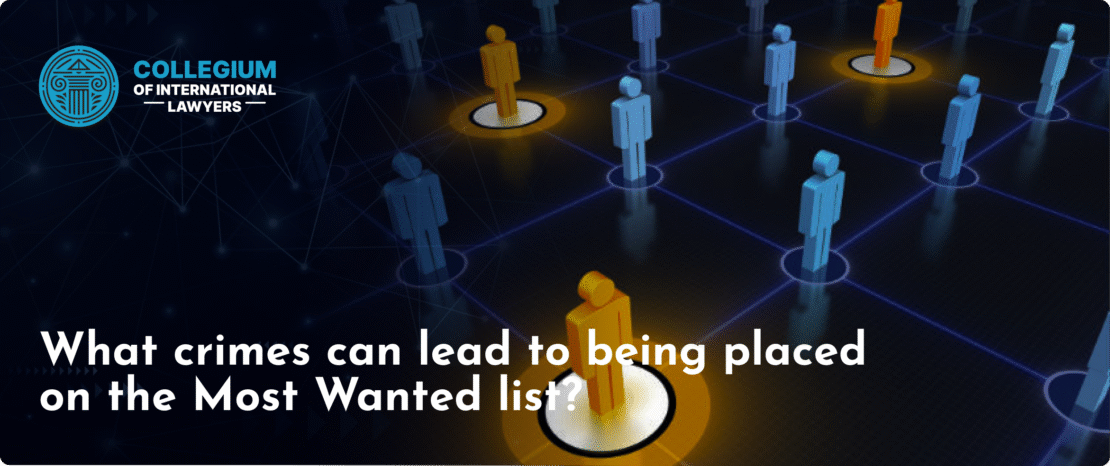
Strengthening Financial Operations Control: Interpol’s Role in the Global Economy
As globalization continues to weave economies together, the complexities of financial operations have become increasingly pronounced. Money laundering, terrorism financing, and cybercrime are just a few examples of the financial threats that can metastasize across borders. In response to these challenges, Interpol has ramped up its efforts to oversee and control international financial operations. More information on their initiatives can be found at Interpol financial operations control www.hill.ru/press-center/interpol-usilivaet-kontrol-za-mezhdunarodnymi-finansovymi-operatsiyami/.
The Importance of Financial Operations Control
Financial operations control is essential for maintaining the integrity of the global economy. Criminal organizations often exploit loopholes in financial systems to launder money and finance illicit activities. As a result, law enforcement agencies around the world have identified the need for stringent oversight in financial transactions. Interpol’s financial operations control focuses on facilitating cooperative efforts among member countries to share intelligence and implement best practices to mitigate the risk of financial crime.
Key Initiatives by Interpol
Interpol has launched several initiatives aimed at enhancing financial operations control. One of these is the Financial Crimes Unit, which serves as a focal point for multinational cooperation. The unit provides support to member countries in investigations related to financial crime, helping them navigate the complexities of transnational cases. This includes the sharing of information regarding suspicious financial activities and the coordination of operations involving multiple jurisdictions.
Another significant initiative is the establishment of specialized training programs for law enforcement officials. Interpol conducts workshops and seminars that focus on the latest trends in financial crime, allowing police and financial investigators to stay ahead of criminals. By equipping them with the knowledge and tools needed to combat such crimes, these programs bolster the global fight against financial fraud and corruption.
Collaboration with Financial Institutions
Interpol recognizes that financial institutions play a crucial role in detecting and preventing financial crimes. To enhance its effectiveness, Interpol collaborates with banks, insurance companies, and other financial entities to foster better communication and information sharing. This collaboration not only helps in identifying suspicious transactions but also enhances the capacity of financial institutions to implement preventive measures.
The integration of technology into these collaborative efforts cannot be underestimated. Interpol encourages financial institutions to use advanced data analytics and artificial intelligence to identify patterns that may signify illicit activity. By leveraging these technologies, organizations can improve their monitoring systems, ultimately expanding their role as gatekeepers against financial crime.

The Role of Technology in Financial Operations Control
Technology has become a cornerstone of modern financial oversight. Interpol has been at the forefront of integrating technological solutions into financial operations control. The organization has developed robust data-sharing platforms that facilitate real-time information exchange among member countries. These platforms enhance the speed and efficiency with which information regarding financial crime can be disseminated and acted upon.
One of the most notable technological innovations is the use of blockchain for tracking transactions. By recording financial activities on a decentralized ledger, it becomes significantly harder for criminals to manipulate transaction histories. Interpol has explored partnerships with tech companies specializing in blockchain to develop methods for utilizing this technology in fighting financial crime more effectively.
Challenges in Financial Operations Control
Despite the efforts undertaken by Interpol, several challenges persist in the realm of financial operations control. One of the most pressing issues is the disparity in financial regulations among member countries. Varied laws and enforcement practices can create safe havens for criminals, allowing them to exploit weaknesses in the system.
Additionally, the rapid evolution of financial technologies often outpaces regulatory frameworks. Concepts like cryptocurrencies, online payment systems, and fintech solutions introduce new challenges that regulatory bodies, including Interpol, must address. Continuous engagement with emerging technologies and proactive adjustments to regulatory practices are essential to combat these challenges effectively.
The Future of International Financial Operations Control
As we look toward the future, the need for robust financial operations control will only grow. Interpol is poised to continue its critical role in fostering international cooperation and establishing comprehensive frameworks for managing financial operations. By constantly adapting to new challenges and leveraging technology, Interpol will enhance its capabilities in combating financial crime.
Furthermore, the promotion of public awareness regarding financial fraud can empower individuals to recognize and report suspicious activities, thereby supplementing law enforcement efforts. Educational programs targeting both the general public and industry professionals are essential in developing a society that is informed and vigilant against financial crimes.
Conclusion
In conclusion, Interpol’s commitment to strengthening financial operations control is vital to safeguarding the global economy. Through its initiatives, collaboration with financial institutions, use of technology, and continuous adaptation to challenges, Interpol remains a key player in the fight against financial crime. Only through collective efforts can we hope to establish a more secure and transparent financial environment for all.


